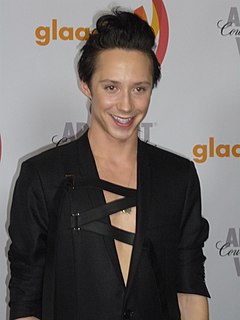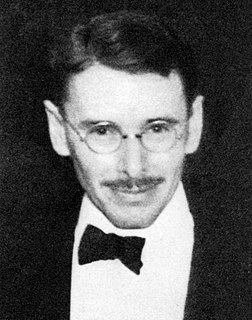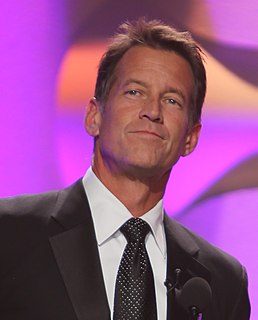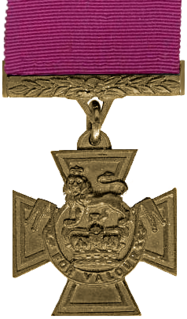A Quote by Johnny Weir
Don't bring a prop. It's almost like they were afraid nobody would know who they are.
Related Quotes
Ordinary men live in fear all the time. Didn't you know that? We're afraid of the weather, we're afraid of powerful men, we're afraid of the night and the monsters that lurk in the dark, we're afraid of growing old and of dying. Sometimes we're even afraid of living. Ordinary men are afraid almost every minute of their lives.
I'd like to say is that we shouldn't have an idea that the goal of spiritual practice is to annihilate ones ego, that would be a mistake. In the early years of enlightenment, psychologists were afraid of Hindus and Buddhists meditating because they thought they were going to shatter their egos and then they'd have to wear diapers or something, like they'd lose their toilet training or what have you. They were really afraid of it.
We're just afraid, period. Our fear is free-floating. We're afraid this isn't the right relationship or we're afraid it is. We're afraid they won't like us or we're afraid they will. We're afraid of failure or we're afraid of success. We're afraid of dying young or we're afraid of growing old. We're more afraid of life than we are of death.
They are evil people, the press, the media, they are bad people, and nobody, nobody lies like they do. I never like it when they tell me that, and I'm sure they're right, but when people say things that are fabrication - you know, there were fabricated stories made up, these were fabrications. Out of nowhere.
I think what Pope Francis is saying is that nobody's perfect, you know? And so someone like Joe Biden, you know, where - you know, when he was running for president, people were - there were some bishops that were like don't let him have the Eucharist. And Pope Francis is saying that's not the point of this.
Before the church responded, a lot of people would ask us, 'Are you afraid of what the church would say?' And Trey and I were like, 'They're going to be cool.' And they were like, 'No, they're not. There are going to be protests.' And we were like, 'Nope, they're going to be cool.' We weren't that surprised by the church's response. We had faith in them.
I don’t mind if the character is a small character, but I would just like her to have a journey in the film. Sometimes the characters are just there as a prop to further the man’s story. The great directors I’ve talked to, I’ve said listen, I don’t mind playing a woman that is a tiny part, but how does the story affect her? What can I play in the end that’s different from the beginning? Otherwise, it doesn’t make sense, because it’s just like being a prop.






































